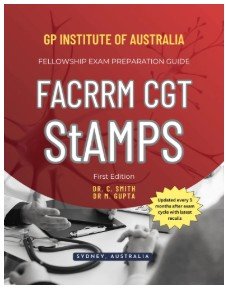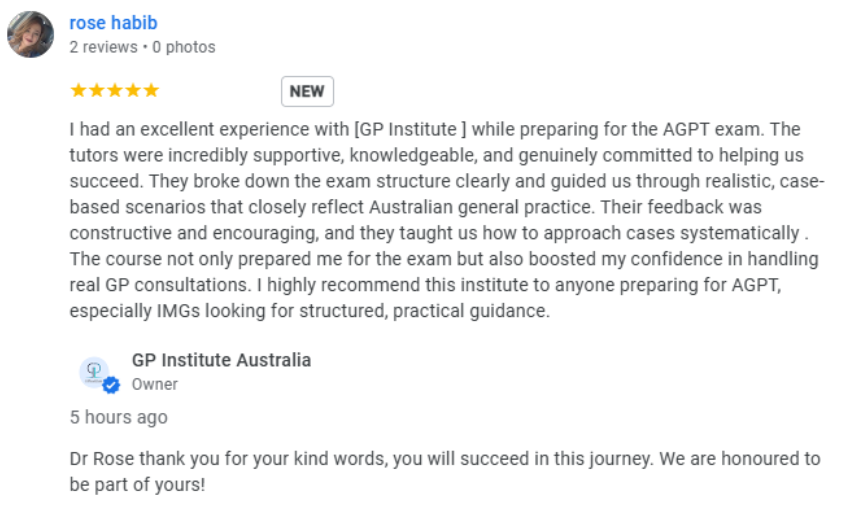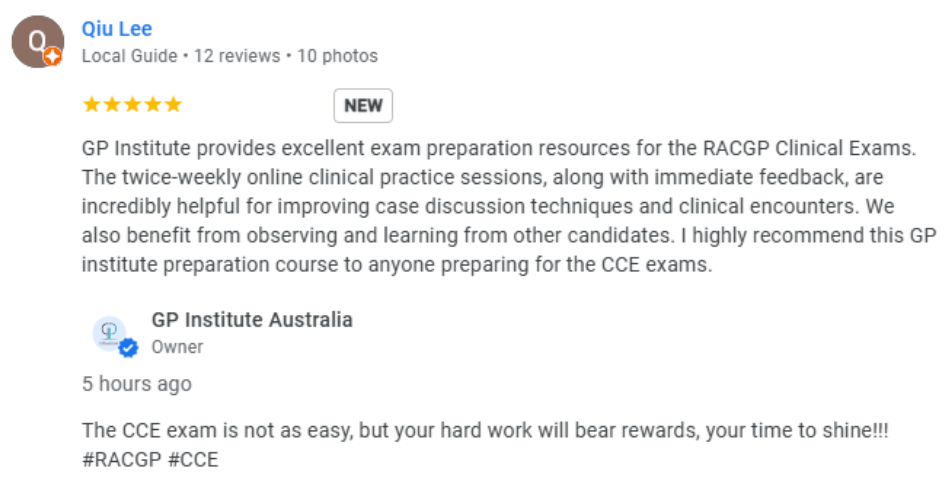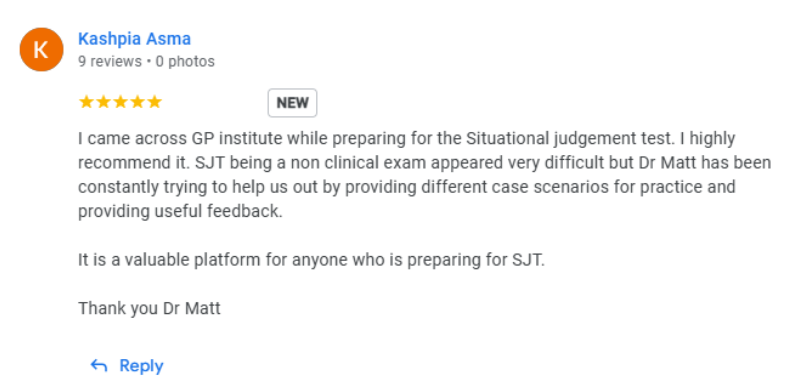Start your Journey from Day 1. No extra fees till you pass- Most popular MEGA value bundle!
Our Most Popular Textbook Publications
1
Find the perfect Course
Choose your above course and see what we offer, make comparisons to other providers of similar exam courses!
2
Fit the Right Fit
Choose your exam bundle, if in any doubt please contact us!
3
Start the journey
Start learning with the best mentors and the best value for your learning and time!








